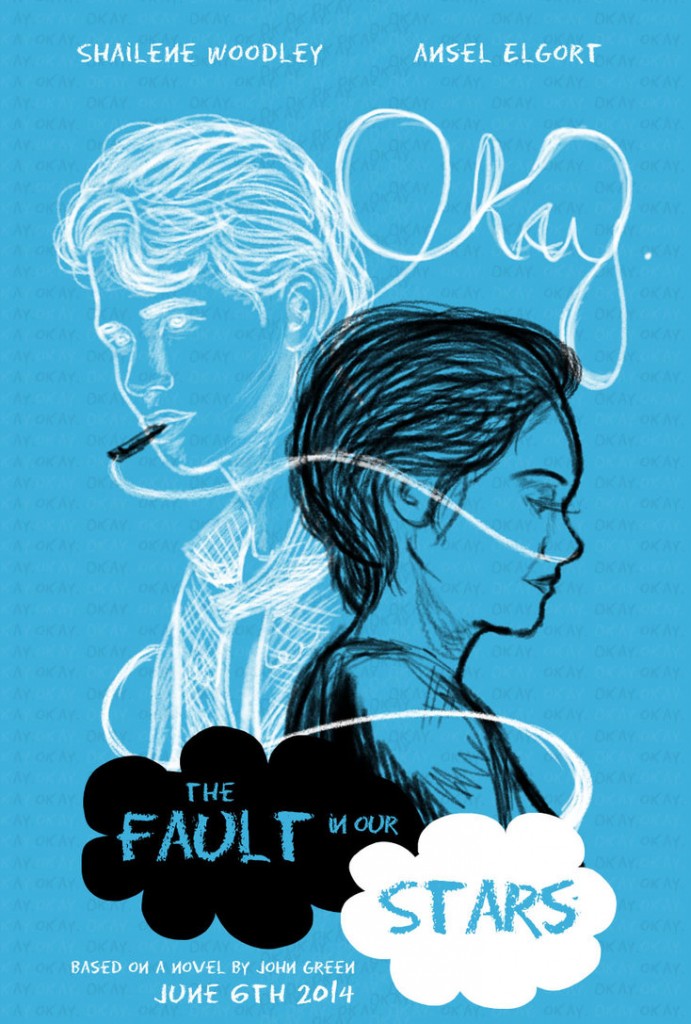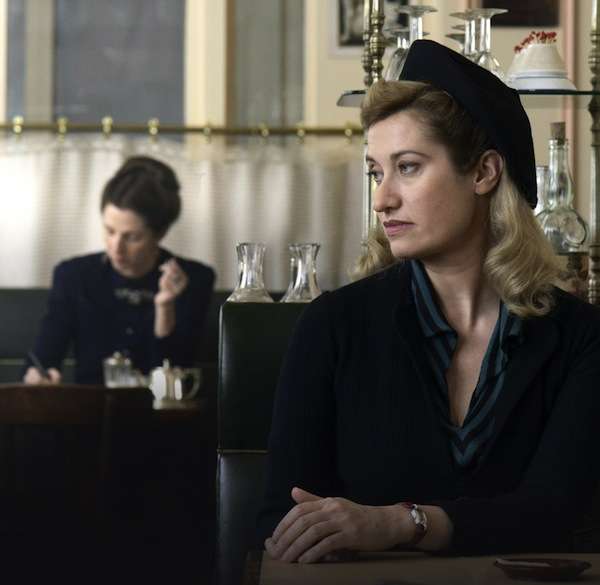 The following is a review originally published in Word and Film.
The following is a review originally published in Word and Film.
Handily, “Venus in Fur,” which is adapted from David Ives’ Tony Award-winning play, which in turn is adapted from Leopold Von Sacher-Masoch’s 1870 novella, is about adaptation itself. As if that were not bald enough, it is also a two-person film about a woman and a man worrying over a script on a bare stage. Yet this is Roman Polanski’s finest work in decades. It hones in on elements of horror lurking in ordinary human dynamics with a lurid specificity that the director has not evinced since the drama of his personal life eclipsed his professional life more than thirty years ago.
True, “Venus” treads familiar terrain for Polanksi, who has not returned to the United States since he fled the country in 1977 after pleading guilty to charges of raping a thirteen-year-old girl. It stars Mathieu Amalric – who, with his puckish features and light dusting of facial hair, bears an uncanny resemblance to the Polish-French director himself – as writer-director Thomas auditioning Vanda, a floozy actress played by Polanski’s real-life wife Emmanuelle Seigner, for his play about a sadomasochistic relationship. But Polanski seems to be tackling this familiar terrain from a new angle: “Venus” is a superbly crafted meta-mea culpa, a strange new cinema genre that may not be for the faint of heart (don’t try this at home, kids!) but nonetheless transfixes us for its entire ninety-six minutes. Continue Reading →


